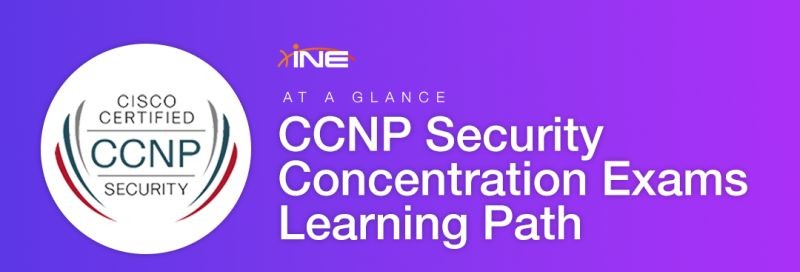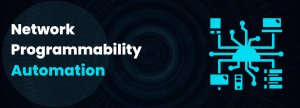
This learning path consolidates all INE’s CCNP Security Concentration exams content into a single trackable path you can follow to your success! This series explains how to implement and operate Cisco’s flagship security products and appliances including Cisco Secure Firewall, Cisco Identity Services Engine, Cisco Secure Email Gateway, Cisco Secure Web Appliance, Cisco VPN solutions, Cisco Security Automation and Programmability and Secure Cloud Access for Users and Endpoints. It covers all essential and fundamental concepts that are important for every Cisco Certified Network Professional (CCNP) Security student. Join Piotr Kaluzny, for an in-depth look at every technical aspect of this track, including fundamental topics, to Cisco-platform-specific features and command-line usage. This training also provides the opportunity to gain hands-on practice with several Cisco products (CLI/GUI) and their features utilizing the INE’s Lab Task platform.







